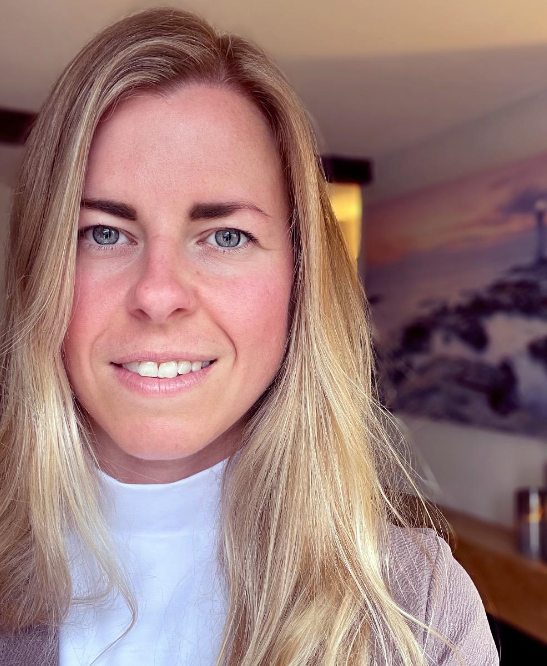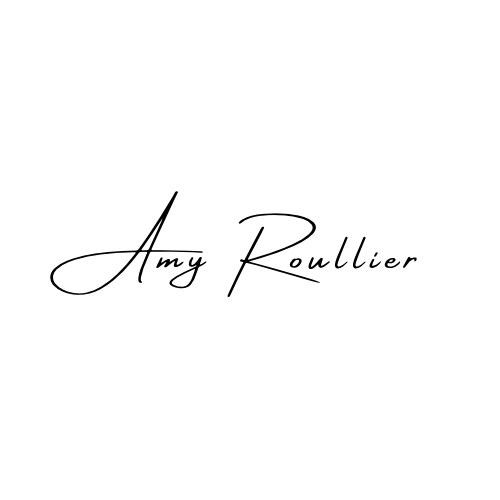Rest and relaxation. Sounds lovely doesn’t it? That idea of just chilling out, no plans, nothing to do. Long dreamy moments to align and reflect. However I’ve always struggled to put rest and relaxation into practise.
This is the era of busyness culture after all; where a busy life equates to a successful one.
But has the workaholic lifestyle lost its aspirational shine? Is there less of a struggle to put rest and relaxation into practise? Could there be value in the once under-valued?
Is Rest and Relaxation a waste of valuable time?
A few years back relaxing seemed like a gross misuse of time to me. So I always had something planned in the diary and I didn’t ever seem to stop. Whether it was seeing friends or family, work, trips and events. Jobs to do around the house or in the garden. I filled my days with all manner of things aside from any restorative downtime which just seemed unnecessary. And I frankly didn’t have enough time for it. Rest and relaxation pre-Covid, was a waste of valuable time to me.
Or is rest and relaxation undervalued?
But despite my love for all things busy, busy. That lifestyle left me really tired. I was burning out on all cylinders and I just didn’t really know how to stop. The deceptively easy sounding concept of resting seemed intricately tricky for me. Then again surely making the most of every moment was what life was all about? Having every single minute of my days, weeks or months pencilled in with all that ‘doing’ was probably the right way to go about things? Or so I thought…
Because when I reached total mental, emotional and physical burnout, I realised how much I’d undervalued the importance of rest for myself – and that was even before a pandemic caused many people to reassess that life balance completely – maybe trying to fill my days and YOLO my life had lead to this inability to just be still? For me, that came at a price.
“Slow living is all about creating time and space and energy for the things that matter most to us in life. So ask yourself what you stand to gain.”
— Brooke McAlary
Busyness culture is a thing
Part of my inability to rest – or at least consider the idea that a bit of relaxation could be a good thing, – was because the world today thrives on busyness. Busyness culture has quite literally, become a thing. When someone asks how the work day has been or how life is going, one of the answers people often give is, “busy.” But it isn’t just a reply. It’s a badge of honour to relay how jam packed life is. And I’m totally in that camp of priding myself on a workaholic lifestyle. Because being busy had become my own go-to answer. I said it with a sense of satisfaction, even despite the fact that being constantly occupied meant I was battling varying degrees of stress that all seemed on the edge of overwhelming.
Busy people are hailed as pillars of success
People who are constantly on the go and overworked are hailed as pillars of success., it’s a merit of social standing to be non-stop. And always on the go is considered a valuable way to spend your time. But it also creates this mindset that without being busy, you are likely less successful. I’d fallen into this trap myself. I’d glorified my own lack of time. As if it somehow signified success in how I was going about life. And this made it even harder to understand the concept of not being busy and appreciate how important it was to make time for that too.
Is it less acceptable to say we haven’t been up to much?
I think it is, and that’s part of the problem. Because things like productivity, action, doing things, being ‘busy’ are all seen as doing life right. If you aren’t busy, what the heck are you doing lazy bones!? Pre-pandemic, it did genuinely feel like the right thing was to be all manner of hectic in every capacity, whether that was at work, or socially. Anyone who might have said, “I spent my weekend doing nothing, prioritizing some peace” would have just been seen as utterly wasting those valuable two days off. But there also seems to be this shift happening out there. People are seemingly less enthralled with hectic and more intrigued by slowing down. Less busy, is now on trend.
The environment hasn’t necessarily changed but the viewpoint certainly is changing
Because there is definitely less shame factor surrounding the choice to fill that time with more rest. When I say to someone, “I’m just going to do nothing this afternoon,” they nod and it’s like they totally get it. Out of all the many things I could be doing, they understand why I’ve chosen to do none of it. So maybe there’s a silent fight back against the longstanding narrative that ‘busyness’ equals winning? Because being busy in itself isn’t something wrong, it’s just that somehow it came with this notion that being less busy, was.
So it isn’t that the world has all of a sudden become less occupied. But the way in which people choose to spend their time and what they prioritise, how they view rest and relaxing, it does appear to be adjusting. People I know are changing their careers, moving locations, qualifying how they spend their time and who they spend that time with. All with the aim of a less stressful life balance. And rest and relaxation, time for themselves and their loved ones, simplicity over complexity. These all seem to be firmly on the agenda going forward. And I have to say, I’m all for it!
It’s a cortisol-driven world
Because at some point busyness culture has spiralled into an extreme; That more is better. Busy is good. Lack of time equals success. Self-sacrifice is a desirable achievement in the name of big shot somebody or other. All signify this cortisol driven world is something to be celebrated. But many people seem to have reached a point where I think they’re just tired of it. The whole thing is rather exhausting.
The importance of rest and relaxation
I hear more and more about peoples choices to rest and relax over social engagements or ‘doing.’ I have a friend who makes sure she has a weekend all to herself every fortnight so she can create balance. And someone else I know books in secret rest days, where she tells people she has things on – This avoids them coaxing her out for lunch or other social engagements, but specifically leaves her some free time to enjoy a day of leisure to herself. So it feels as if there is a celebration of rest and relaxation nowadays, and less shame for enjoying a day of peace or switching off.
The work-life balance
And there is already change in the way people view work-life balance. Less enthrallment by the term ‘being busy’ when it comes to work. And acute aware of the stress factors that come with that statement and how it impacts life in and outside of working hours. Productivity is no longer seen as something that should come at the sacrifice of overall wellness. People still work hard. I think they’re just more aware of when that work-life needs to stop and those personal lives should gain priority.
And there’s even a study underway on the 4 day working week, bringing about a whole new and interesting concept that people should be working smarter, not longer. Which I for one, am absolutely supportive of! More and more people I know are leaving high stress jobs in favour of a lower salary and less pressure. There’s just a whole lot of life reassessing and changes going on out there right now, and it seems to all be with more time for rest, peace, and relaxation in mind.
“A person must be selective with their time and energy because both elements of life are limited.”
— Kilroy J. Oldster
The beginning of rest and relaxation culture
There’s still a battle with a culture that celebrates being busy and productive at the expense of mental health and wellbeing. But rest and relaxation is also becoming a valued part of culture too and less a side-lined sub-plot that’s squeezed in and done without real commitment, and instead a priority on the agenda. Simplicity really does feel like it’s becoming more desirable than busyness. And people appear to be embracing the concept in some way that overworking and constant busyness isn’t healthy and that rest, reflection and relaxation are essential to a successful and happy life.
But what do you think about busyness culture? Has mindfulness and switching off become a priority for you, or just an utter misuse of time? I’d love to know.

Amy Roullier
Amy Roullier is a British writer and author of Silent Reflections of a Fragile Heart. For her, writing began as personal therapy and has evolved into a way to connect with others, posing questions and offering reflections that might help readers find clarity. Based in Lincolnshire, Amy is an occasional vegetarian and a dedicated lover of carbs—her true soulmate. She’s currently navigating a mid-life crisis through running, and mornings are simply impossible without coffee.


